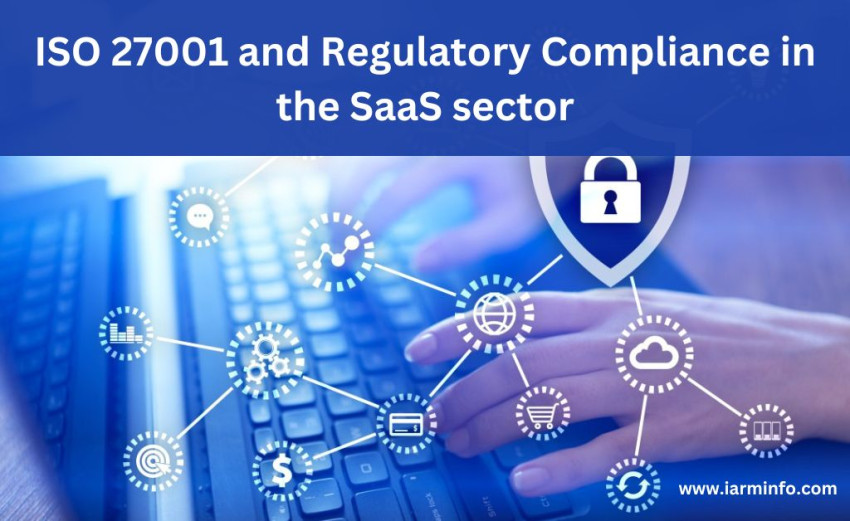
Introduction
In the ever-evolving landscape of the Software as a Service (SaaS) sector, ensuring robust security measures and regulatory compliance is paramount. One effective way for SaaS companies to address these concerns is by implementing ISO 27001, a globally recognized standard for information security management. This article explores the significance of ISO 27001 implementation in achieving regulatory compliance within the SaaS industry.
Understanding ISO 27001 Implementation
ISO 27001 is a comprehensive framework that provides a systematic approach to managing sensitive company information, including data related to security, confidentiality, and integrity. SaaS providers deal with vast amounts of client data, making adherence to information security standards crucial. Implementing ISO 27001 involves creating an Information Security Management System (ISMS) tailored to the organization's unique needs.
Key Benefits of ISO 27001 Implementation
1. Enhanced Data Security: ISO 27001 helps SaaS companies identify and mitigate potential security risks, ensuring the confidentiality and integrity of client data. This proactive approach safeguards against data breaches and unauthorized access.
2. Legal and Regulatory Compliance: Achieving and maintaining ISO 27001 certification demonstrates a commitment to compliance with legal and regulatory requirements. This is especially crucial in an environment where data protection laws, such as GDPR and CCPA, have become increasingly stringent.
3. Improved Customer Trust: Customers in the SaaS sector prioritize security and compliance. ISO 27001 certification serves as a tangible proof of a company's dedication to maintaining the highest standards of information security. This, in turn, fosters trust among clients and enhances the company's reputation.
Navigating Regulatory Compliance in the SaaS Sector
1. GDPR Compliance: The General Data Protection Regulation (GDPR) imposes strict guidelines on the processing of personal data. ISO 27001 aids SaaS providers in aligning their data protection practices with GDPR requirements, ensuring that user information is handled with the utmost care and transparency.
2. CCPA Compliance: The California Consumer Privacy Act (CCPA) grants consumers greater control over their personal information. ISO 27001 assists SaaS companies in establishing robust mechanisms to honor user rights, such as the right to access and delete personal data.
3. HIPAA Compliance: For SaaS providers dealing with healthcare data, compliance with the Health Insurance Portability and Accountability Act (HIPAA) is non-negotiable. ISO 27001's risk-based approach helps organizations identify vulnerabilities in handling health-related information and implement measures to address them.
Challenges and Considerations in ISO 27001 Implementation
1. Resource Allocation: Implementing ISO 27001 requires dedicated resources, including personnel, time, and financial investments. SaaS companies must carefully plan and allocate resources to ensure a smooth and efficient implementation process.
2. Continuous Improvement: ISO 27001 is not a one-time endeavor but an ongoing commitment to information security. SaaS providers must establish processes for continuous improvement, regularly reviewing and updating their ISMS to address emerging threats and challenges.
Conclusion
In conclusion, ISO 27001 implementation is a strategic imperative for SaaS companies seeking to ensure information security and regulatory compliance. By embracing this standard, organizations can fortify their data protection measures, build customer trust, and navigate the complex regulatory landscape of the SaaS sector. As the industry continues to evolve, adopting ISO 27001 becomes a proactive step towards staying ahead in terms of security and compliance.





